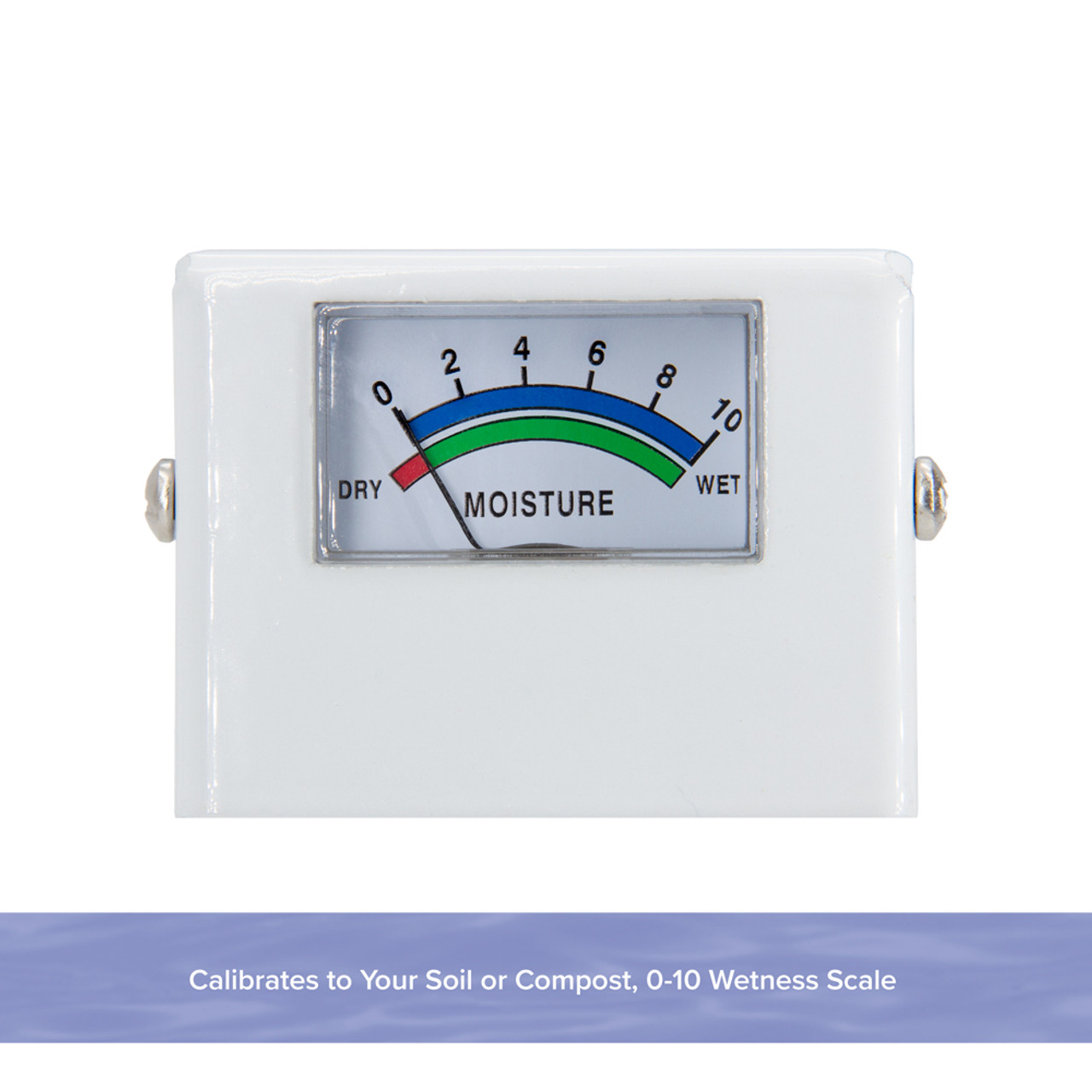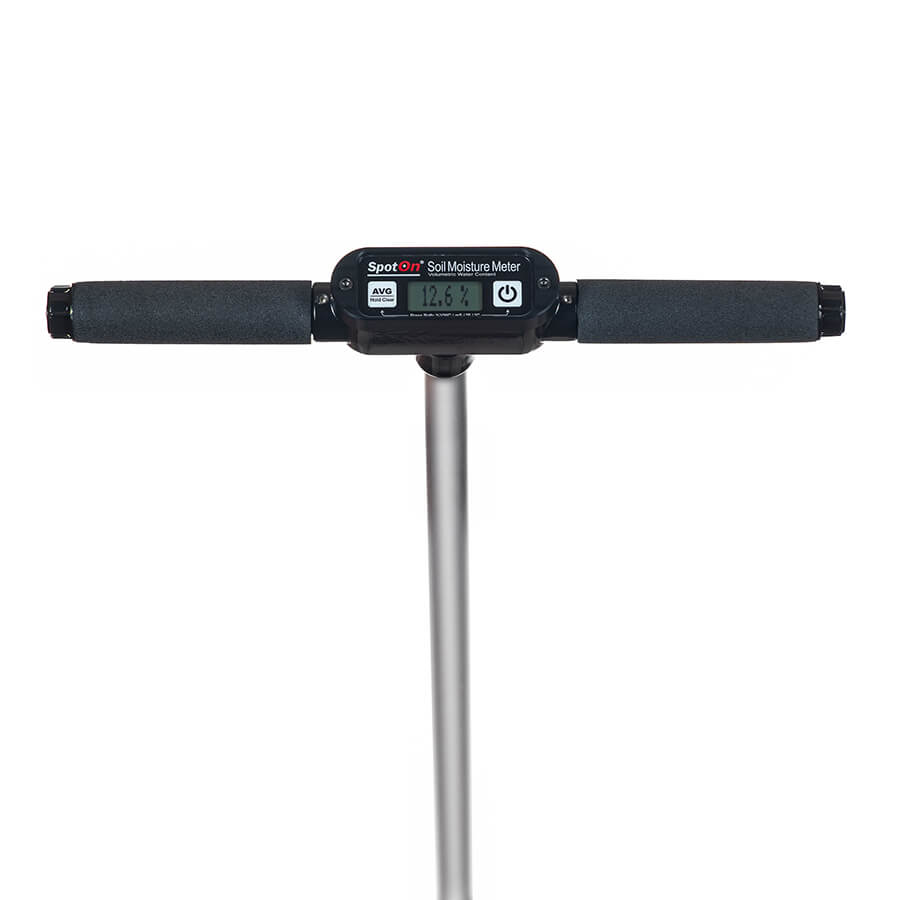The Ultimate Overview to Moisture Meters: A Comprehensive Review and Exactly How They Can Conserve You Cash
In the realm of structure maintenance, building, and numerous sectors, the value of properly gauging wetness levels can not be overemphasized. Moisture meters serve as indispensable tools in detecting and checking moisture material in products, helping in avoiding costly problems and making certain the quality of products. Comprehending the nuances of various kinds of wetness meters, their applications, and the prospective cost-saving benefits they offer can be a game-changer for organizations and professionals alike. Uncovering just how these gadgets can not only improve processes however also add to economic cost savings is a trip worth getting started on.
Kinds of Moisture Meters
Numerous types of dampness meters are available for different applications in numerous markets. One typical type is the pin-type dampness meter, which determines the electric resistance between two pins put right into a material. This kind is appropriate for wood, drywall, and various other structure products. Pinless moisture meters, on the other hand, use electromagnetic sensor plates to check a larger location without causing damages to the product's surface. These meters are ideal for quickly examining wetness degrees in large locations such as floors and wall surfaces.
Infrared wetness meters gauge the thermal properties of a product to determine its wetness web content non-invasively, making them valuable for applications where pin or pinless meters might not be suitable. Understanding the different types of moisture meters available can help industries choose the most ideal device for their certain wetness dimension requirements.

Benefits of Using Moisture Meters

In addition, utilizing moisture meters can result in boosted power efficiency. By identifying areas with high moisture levels, such as leaks or inadequate insulation, modifications can be made to boost power preservation and reduce utility expenses. In agricultural settings, wetness meters play a critical duty in optimizing plant yields by making it possible for farmers to monitor soil moisture levels and make informed irrigation decisions. In general, the benefits of using dampness meters span across various sectors, providing cost-effective solutions and advertising much better quality assurance methods.
Exactly How to Select the Right Moisture Meter
Selecting the appropriate dampness meter entails taking into consideration crucial elements such as material compatibility, dimension variety, and calibration accuracy. When selecting a moisture meter, it's important to ensure that the meter is ideal for the certain material you will certainly be screening. Various materials have differing electrical homes that can affect dampness analyses, so picking a meter developed for your product is essential for precise outcomes. Additionally, consider the measurement variety of view the wetness meter. Guarantee that the meter can spot wetness degrees within the array required for your applications. Calibration precision is one more critical variable to maintain in mind (Moisture Meter). Select a dampness meter with trustworthy calibration to ensure specific and constant readings. Some meters might require regular calibration changes, so understanding the calibration process is essential. By meticulously examining these elements, you can pick a wetness meter that fulfills your demands and provides exact dampness measurements for your jobs.
Appropriate Strategies for Moisture Meter Use
To ensure exact wetness readings and take full advantage of the performance of a wetness meter, employing appropriate techniques is necessary. When making use of a pin-type wetness meter, place the pins or probes into the product being tested up until they make full get in touch with. click to read more By adhering to these correct methods, users can depend on their wetness meter to supply reliable dampness degrees, aiding in protecting against expensive damages or guaranteeing high quality in various applications.

Expense Cost Savings Through Moisture Meter Applications
Exactly how can the tactical use of dampness meters lead to significant expense savings throughout numerous industries? In the farming industry, moisture meters aid in identifying the ideal time for gathering plants, protecting against over-drying or excess wetness that can influence the last item's top quality.

Additionally, in the food processing industry, moisture meters are necessary for monitoring product high quality and making sure conformity with security guidelines. By precisely measuring wetness material in food, producers can avoid putridity, maintain freshness, and reduce waste, resulting in substantial price financial savings. Generally, the calculated application of wetness meters is an important investment that can bring about significant price decreases and boosted effectiveness across various sectors.
Final Thought
In verdict, moisture meters are useful devices for gauging and spotting dampness levels in different products. By making use of the best dampness meter and complying with correct techniques, individuals can properly prevent expensive problems created by excess moisture.
Dampness meters serve as important devices in detecting and keeping track of moisture material in products, assisting in avoiding expensive damages and guaranteeing the high quality of items. Infrared dampness meters measure the thermal residential or commercial properties of a material to identify its wetness web content non-invasively, making them beneficial for applications where pin or pinless meters may not be ideal.Wetness meters use important benefits in accurately keeping track of and evaluating wetness levels in diverse materials this article and atmospheres. In agricultural settings, moisture meters play an important function in enhancing crop yields by enabling farmers to monitor dirt wetness degrees and make informed irrigation decisions.In conclusion, dampness meters are beneficial devices for determining and discovering wetness levels in various products.